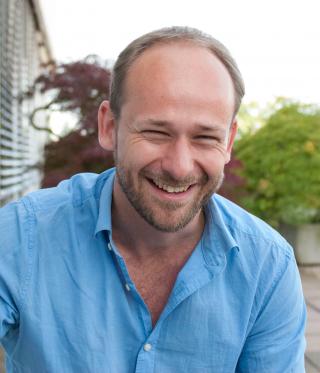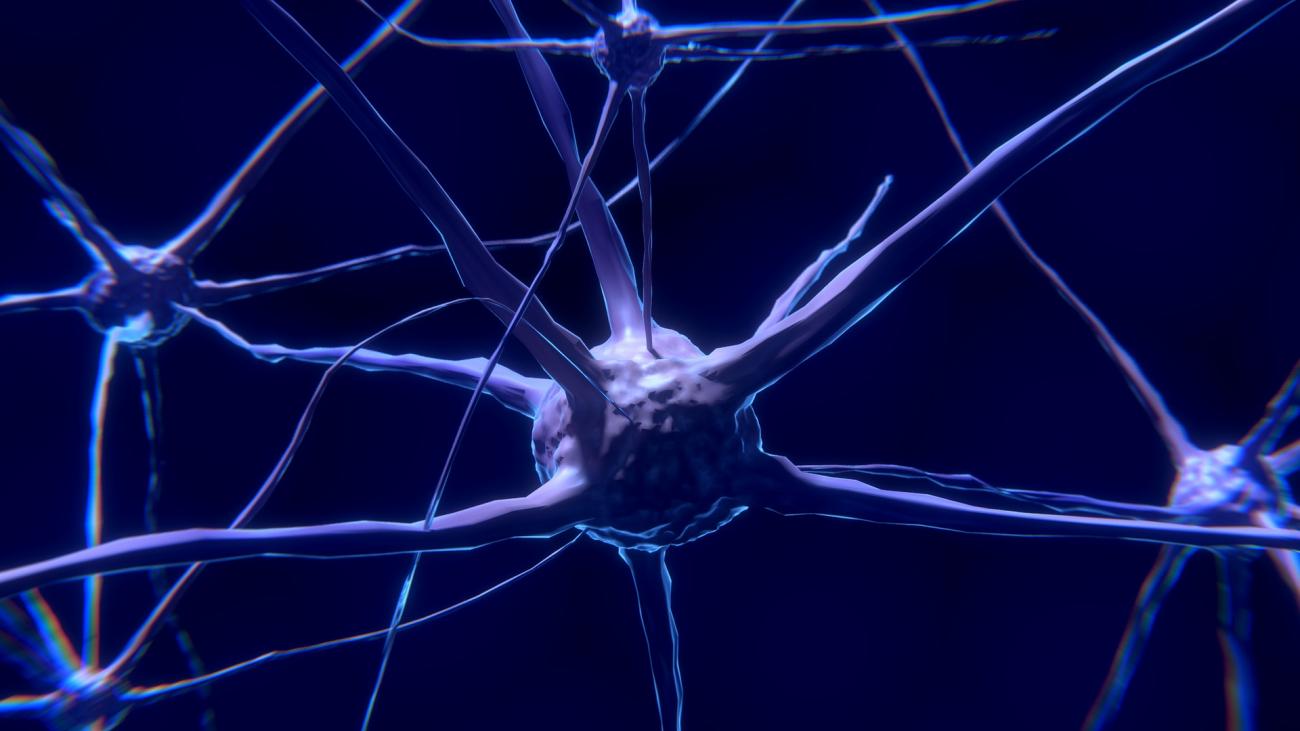Dr. Steffen Wolff received a BSc and MSc in Molecular Biotechnology from the University of Heidelberg in Germany. He then pursued his PhD with Andreas Lüthi at the Friedrich Miescher Institute in Basel, Switzerland, dissecting the role of defined neuronal populations in fear learning. He went on for a postdoc with Bence Ölveczky at Harvard University to study the distributed neuronal circuitry underlying the learning and execution of motor skills. He opened the Wolff Lab at the University of Maryland School of Medicine in Baltimore in March 2021.
Degrees
-
Ph.D.Neurobiology, University of Basel, Switzerland
-
M.Sc.Molecular Biotechnology, University of Heidelberg, Germany
-
B.Sc.Molecular Biotechnology, University of Heidelberg, Germany
We are awed by Venus Williams’, Michael Jordan’s or Megan Rapinoe’s mastery of even the most complex motor skills. However, we all have the astonishing ability to learn a wide variety of motor skills – from tying our shoes or playing the piano to serving a beach volleyball.
Decades of research have shown that learning comes in various flavors and have uncovered many mechanisms and neuronal circuits underlying different forms of learning. However, when it comes to more ‘complex’ learning processes, like motor skill learning, much work is still to be done. What really are the mechanisms allowing us to go beyond learning ‘simple’ associations and to learn how to generate countless flexible and intricate new behaviors – like new motor skills?
Key to our approach to these questions is a constant back-and-forth and mutual inspiration between the behavioral and neuronal levels. Our focus both on behavior and how it changes during learning and on the underlying brain-wide neuronal networks allows us to relate these levels and to build models of complex learning processes. Using this approach, we recently started to describe the intricate interplay between the basal ganglia, motor cortex and thalamus in motor skill learning and execution.
The Wolff Lab aims to use and refine this approach to tackle the many facets of motor skill learning on a behavioral and neuronal level. As part of a community spanning across neuroscience, engineering and machine learning, we hope to not only help unravel the mysteries of motor skill learning, but of learning and memory in general.
Current Students
Former Students




